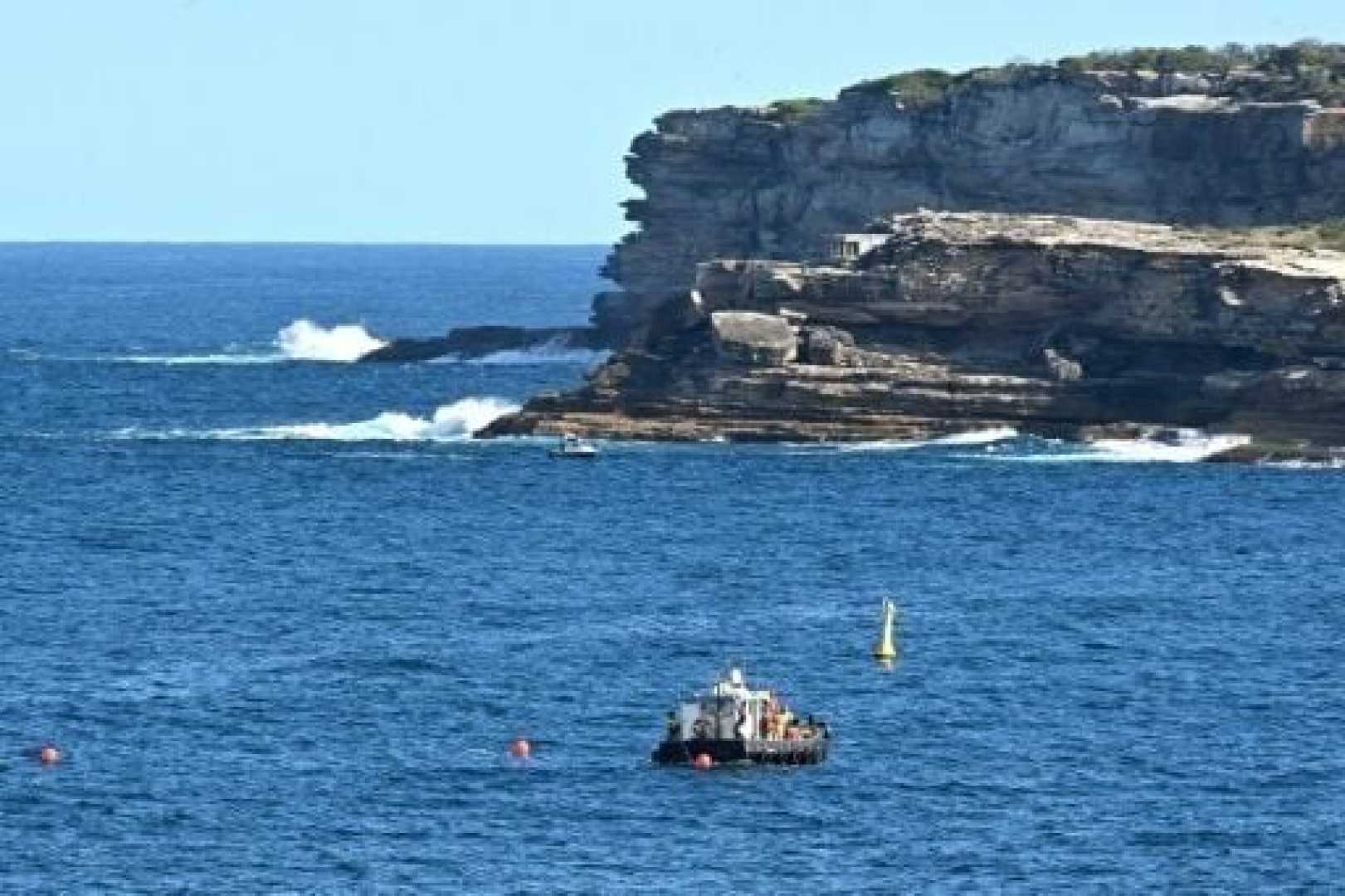News
Investigation Underway as Sydney Beaches Reopen After Mysterious Tar Balls Wash Ashore

Scientists are currently examining mysterious petroleum-based balls, believed to have originated from an oil spill, that recently led to the closure of several popular beaches in Sydney. Bondi beach, along with Bronte and Tamarama, reopened after being shut earlier in the week following the discovery of these dark, sphere-like substances on the sand. These balls were initially spotted at Coogee beach on Tuesday afternoon.
Randwick City Council identified these masses as “tar balls,” which typically form when oil interacts with water and debris, often resulting from oil spills or seepage. Expert analyses conducted by chemistry specialists, including Jon Beves from the University of New South Wales, suggested that the formation of these balls is most logically linked to crude oil. Nevertheless, Beves noted that the balls also contained fatty acids, indicating they might have originated from a sewage source instead of an oil spill.
Beves mentioned that these tar balls “probably mopped up” various greasy materials as they traveled through the ocean, and his team is investigating a potential connection to nearby sewage treatment facilities. Sydney Water, responsible for the water plants at Bondi and Malabar, was contacted for feedback regarding this ongoing investigation.
The New South Wales Environment Minister, Penny Sharpe, expressed concern over the incident, promising stringent actions against those found responsible for the pollution. Sharpe indicated a likely scenario of an unreported offshore oil spill and emphasized a commitment to identifying the liable parties.
Meanwhile, several more beaches, including Clovelly, Gordons Bay, and parts of Maroubra, remain under temporary closure as authorities carry out extensive testing. The NSW Environment Protection Authority reported detecting similar tar balls at other locations, with investigations still ongoing to determine their origins.
Darren Wood, NSW Maritime Director, mentioned that his agency, alongside the NSW Port Authority, is employing vessels and offshore modeling techniques to trace the source. Simultaneously, specialists are analyzing samples to pinpoint the contaminant source.
In defense of community safety, clean-up efforts are in full swing, with workers now utilizing hazmat suits as a precautionary measure. Waverley Council reaffirmed its dedication to public safety, keeping beaches closed until further clarity is achieved.
At a press briefing, Randwick Mayor Dylan Parker described the cleanup operations as a priority to return the beaches to public use swiftly. However, community programs such as Surf Life Saving‘s Nippers remain uncertain amid ongoing assessments.
Members of the public who encounter similar substances are advised to contact the NSW Environment Line for assistance.












